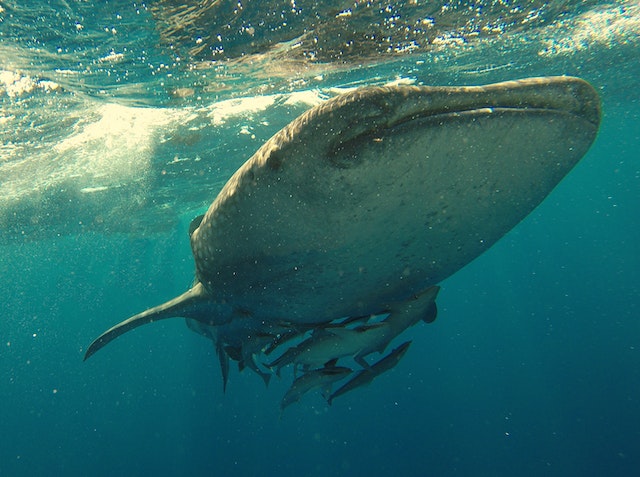Killer whales, also known as orcas, play a crucial role as apex predators in our oceans. Their presence and conservation are important for maintaining the health and balance of marine ecosystems. Here are some reasons why killer whales are essential for our oceans:
1. Regulation of Prey Populations: As top predators, killer whales help regulate the populations of their prey species. By feeding on various marine mammals, fish, and even squid, they help control the abundance and distribution of these prey populations. This, in turn, has a cascading effect on the entire food web, maintaining a healthy balance among different species and preventing overpopulation of certain prey species.
2. Keystone Species: Killer whales can be considered keystone species because they have a disproportionately large impact on their ecosystem relative to their abundance. Their presence influences the behavior, distribution, and interactions of other marine species. Changes in the population or behavior of killer whales can have far-reaching consequences for the entire ecosystem, highlighting the importance of their conservation.
3. Indicator of Ecosystem Health: The presence and well-being of killer whales can serve as an indicator of the overall health of marine ecosystems. Their sensitivity to environmental changes, such as pollution, habitat degradation, and declining prey populations, make them valuable sentinels for ecosystem health. Monitoring the status and trends of killer whale populations can help identify and address potential issues in their habitat.
4. Cultural and Ecological Diversity: Different populations of killer whales around the world have distinct cultural behaviors, feeding preferences, and vocalizations. Protecting these diverse populations contributes to the overall biodiversity of our oceans. Preserving the unique characteristics of different killer whale groups helps maintain the ecological and cultural diversity of marine ecosystems.
5. Nutrient Cycling: When killer whales feed on prey, they leave behind carcasses and feces that provide valuable nutrients to the surrounding ecosystem. These nutrients support the growth of other organisms, including scavengers and decomposers. By cycling nutrients through the food web, killer whales contribute to the overall productivity and health of the marine environment.
6. Ecotourism and Education: Killer whales are charismatic and iconic species that attract ecotourism activities. Responsible and well-managed ecotourism can generate economic benefits for local communities while raising awareness about the importance of marine conservation. Observing killer whales in their natural habitat can inspire people to become stewards of the oceans and contribute to their protection.
7. Scientific Research: Studying killer whales provides valuable insights into various aspects of marine biology, including behavior, communication, social structure, and the impacts of environmental changes. Research on killer whales enhances our understanding of marine ecosystems, strengthens conservation efforts, and contributes to the broader field of marine science.
Protecting killer whales and their habitats is essential for the overall health and balance of our oceans. By safeguarding these apex predators, we can help ensure the preservation of marine biodiversity, maintain ecosystem resilience, and promote sustainable management practices that benefit both marine life and human communities.












